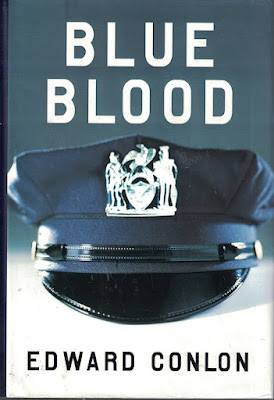Unconventional people went by different names in different eras. In more recent history, they were known as “beatniks” or “hippies.” In the mid-1800s, they were known as something else: transcendentalists.
What they were transcending was wide-ranging and amorphous, but their commitment to living in a world free of conventions was clear. For them, nature was a source of truth more powerful than any human creed. Who cared about money or class when there was eternal beauty?
Nathaniel Hawthorne was for a time one of these seekers, making his home for a few months in a utopian community called Brook Farm just outside Boston. While his time there wasn’t long, its impact went deep enough to form the basis of perhaps his most personal novel.










